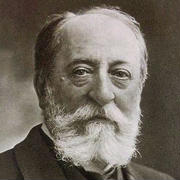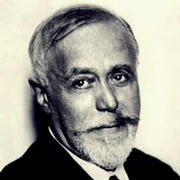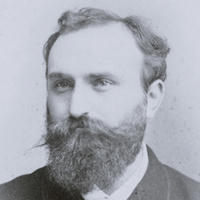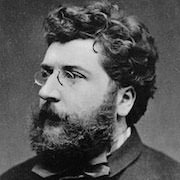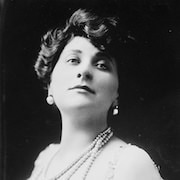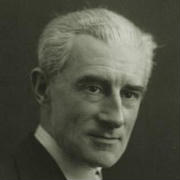Massenet photographed by Pierre Petit, 1880
Jules Émile Frédéric Massenet (French pronunciation: [ʒyl emil fʁedeʁik masnɛ]; 12 May 1842 – 13 August 1912) was a French composer of the Romantic era best known for his operas, of which he wrote more than thirty. The two most frequently staged are Manon (1884) and Werther (1892). He also composed oratorios, ballets, orchestral works, incidental music, piano pieces, songs and other music.
While still a schoolboy, Massenet was admitted to France's principal music college, the Paris Conservatoire. There he studied under Ambroise Thomas, whom he greatly admired. After winning the country's top musical prize, the Prix de Rome, in 1863, he composed prolifically in many genres, but quickly became best known for his operas. Between 1867 and his death forty-five years later he wrote more than forty stage works in a wide variety of styles, from opéra-comique to grand-scale depictions of classical myths, romantic comedies, lyric dramas, as well as oratorios, cantatas and ballets. Massenet had a good sense of the theatre and of what would succeed with the Parisian public. Despite some miscalculations, he produced a series of successes that made him the leading composer of opera in France in the late 19th and early 20th centuries.
Like many prominent French composers of the period, Massenet became a professor at the Conservatoire. He taught composition there from 1878 until 1896, when he resigned after the death of the director, Ambroise Thomas. Among his students were Gustave Charpentier, Ernest Chausson, Reynaldo Hahn and Gabriel Pierné.
By the time of his death, Massenet was regarded by many critics as old-fashioned and unadventurous although his two best-known operas remained popular in France and abroad. After a few decades of neglect, his works began to be favourably reassessed during the mid-20th century, and many of them have since been staged and recorded. Although critics do not rank him among the handful of outstanding operatic geniuses such as Mozart, Verdi and Wagner, his operas are now widely accepted as well-crafted and intelligent products of the Belle Époque.
Cite error: There are <ref group=n> tags on this page, but the references will not show without a {{reflist|group=n}} template (see the help page).

